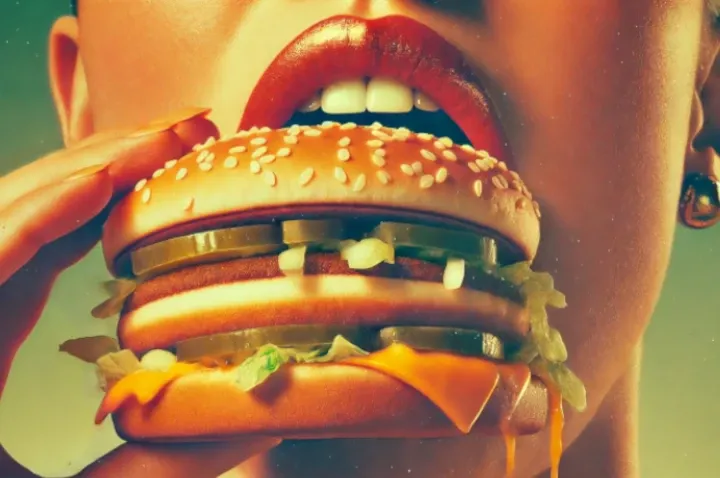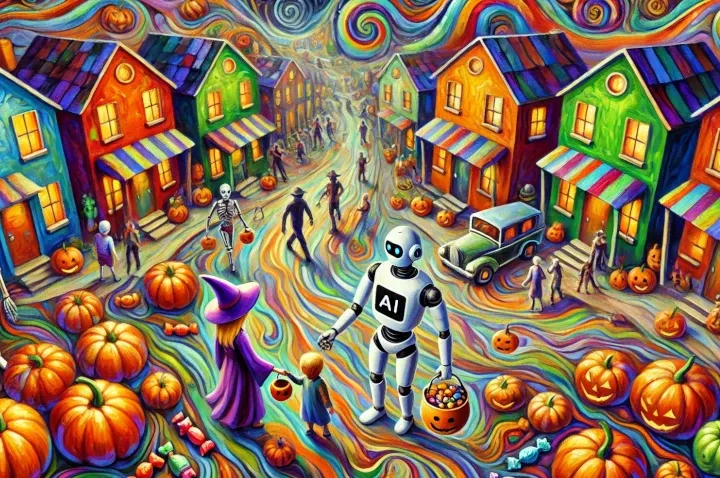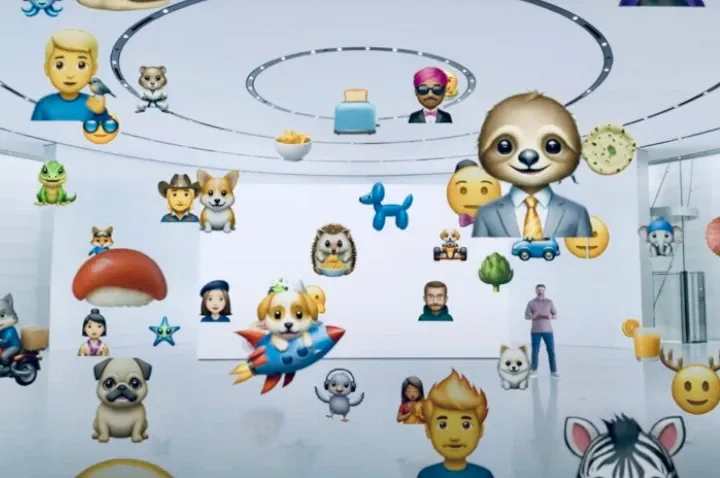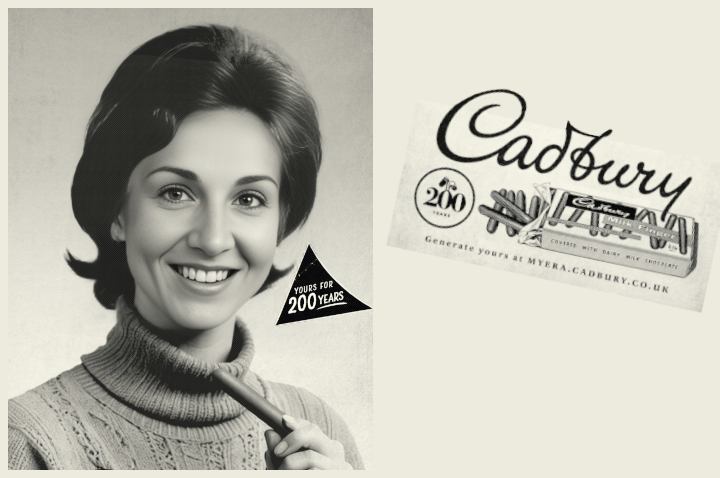A Few Thoughts on Mango's AI-Generated Teen Fashion Campaign for Sunset Dream.
Mango's innovative AI-generated campaign for its Sunset Dream collection showcases cutting-edge technology in fashion marketing.
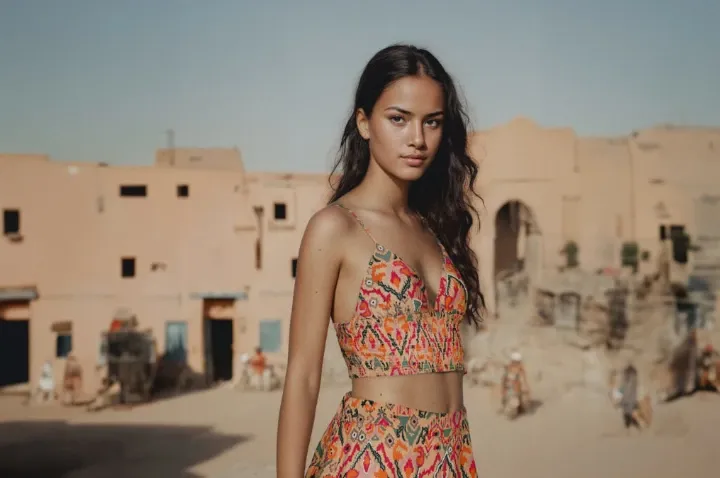
Embracing AI: Mango's Innovative Campaign for the Sunset Dream Collection
As part of its forward-thinking strategy, Mango has launched a groundbreaking campaign entirely created using artificial intelligence (AI) for its limited-edition Sunset Dream collection, aimed at the youth market under the Mango Teen brand. This initiative marks a bold move in fashion design and marketing, utilizing cutting-edge technology to craft stunningly realistic images. However, it also raises important questions about the role of AI in the fashion industry. Is this a glimpse into the future of fashion, or does it risk making the brand appear less authentic despite transparency about AI usage?
Innovation at the Forefront
Mango's choice to use AI for the Sunset Dream campaign aligns with its broader goal of creating "value through technological development, data management, artificial intelligence, and operational excellence." Since 2018, the company has integrated over 15 machine learning programs into its operations, aiding in areas like pricing, personalization, and now, creative campaigns.
The AI-generated images for the Sunset Dream collection push the boundaries of fashion marketing. These images, featuring AI-created models in the Medina of Marrakech, Morocco, are so realistic that they could easily deceive a casual viewer.
The Creative Process
The creation of this AI-driven campaign was a collaborative effort among various internal teams at Mango. The process began with photographing each piece in the collection. These images were then used to train a generative AI model to position the garments on models. After generating the images, Mango's art team selected, retouched, edited, and finalized them in the studio.
This meticulous approach showcases Mango's commitment to blending human creativity with AI capabilities. The resulting images not only promote the Sunset Dream collection but also highlight the potential of AI to enhance visual storytelling in fashion.
The Question of Authenticity
While Mango's AI campaign is undeniably innovative, it also raises concerns about authenticity. In an industry where brand identity and authenticity are crucial, relying on AI-generated images can be seen as risky. Even though Mango has been transparent about its use of AI, there's a chance that consumers might view these images as "fake".
Authenticity in fashion goes beyond the final product; it's about the story behind the designs, the craftsmanship, and the human touch. By using AI, Mango risks creating a disconnect between the brand and its audience, who may feel the images lack the genuine human element often celebrated in fashion.
To address this, Mango and other brands need to ensure that AI is used to complement human creativity, not replace it. By maintaining this balance, they can leverage AI's strengths while preserving the unique, artistic qualities that define fashion.
The Risk of Homogenization
Another concern is the potential homogenization of fashion imagery. If more brands adopt AI-generated campaigns, there could be a risk of fashion images becoming monotonous and losing their uniqueness. AI models, while highly advanced, are still limited by the data they are trained on, which could lead to a repetitive aesthetic. This is particularly concerning in an industry already under scrutiny for its portrayal of beauty, body size, and shape.
Inclusivity and Diversity
Inclusivity and diversity are critical considerations when using AI in fashion. AI models can unintentionally perpetuate biases present in their training data. Mango must ensure its AI models are trained on diverse datasets that reflect a wide range of body types, ethnicity, and styles. This will help create inclusive and representative fashion images that resonate with a diverse audience.
Interestingly, using AI models instead of human models could also help alleviate pressures on young girls to meet certain size and weight standards required for modeling. This could potentially offer a safer and more ethical alternative, promoting a healthier body image and protecting vulnerable individuals from exploitation.
The Future of Fashion Design
Mango's AI-generated campaign for the Sunset Dream collection offers a glimpse into the future of fashion design. AI has the potential to revolutionize the industry, enhancing creativity and optimizing operations. However, it's crucial for brands to navigate this technological evolution thoughtfully. They must strike a balance between innovation and authenticity, ensuring that AI enhances rather than diminishes the human elements of fashion.
As Mango continues to explore the possibilities of AI, the fashion world will be watching closely. Will this innovative approach set a new industry standard, or will it reveal the limitations of AI in capturing the essence of fashion? Only time will tell, but one thing is certain: the intersection of technology and creativity will shape the future of fashion in ways we are only beginning to imagine.

Trademark Disclaimer
All trademarks and brand names are the property of their respective owners. All company, product and service names used in this post are for identification purposes only. Use of these names, trademarks and brands does not imply endorsement.

